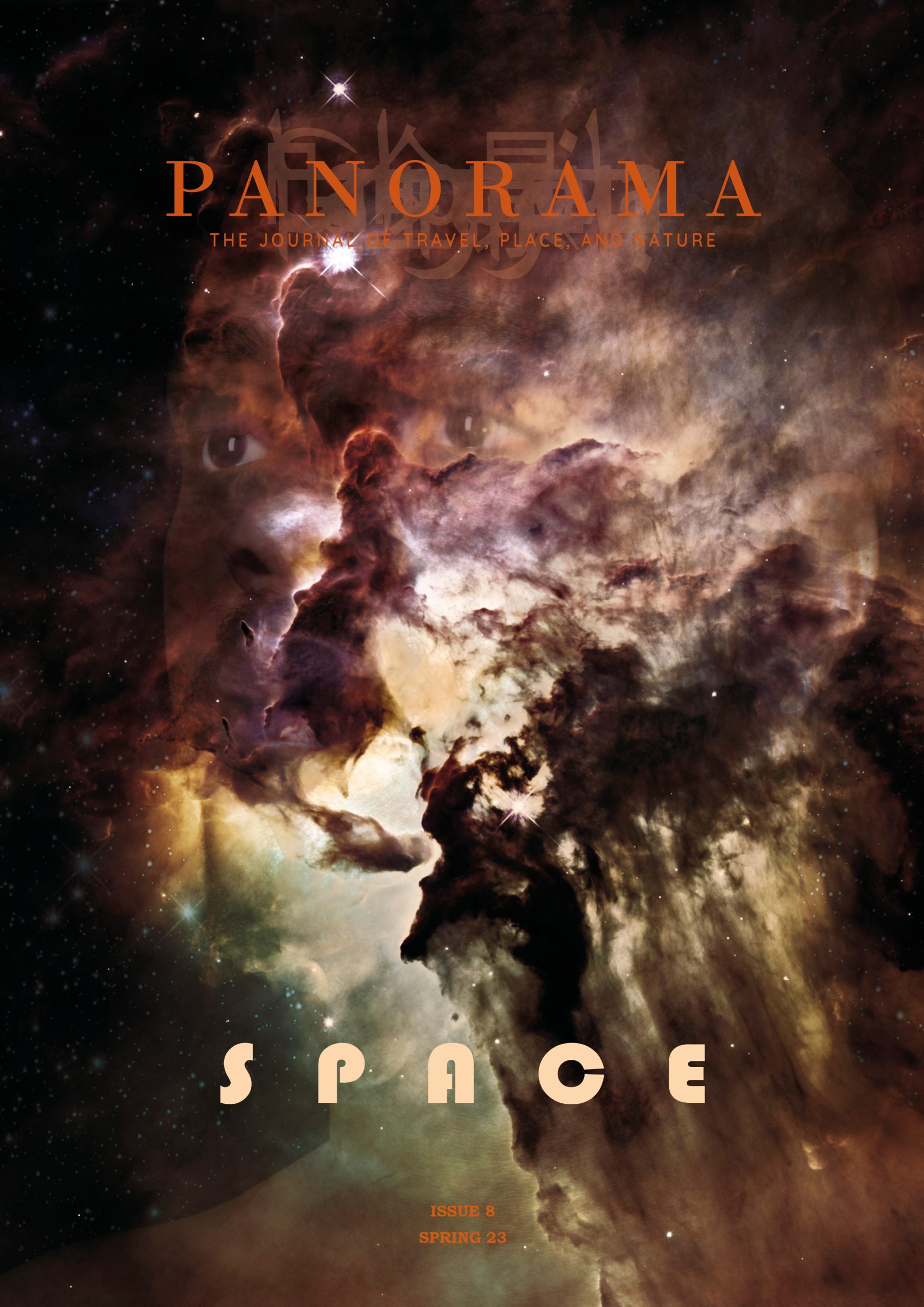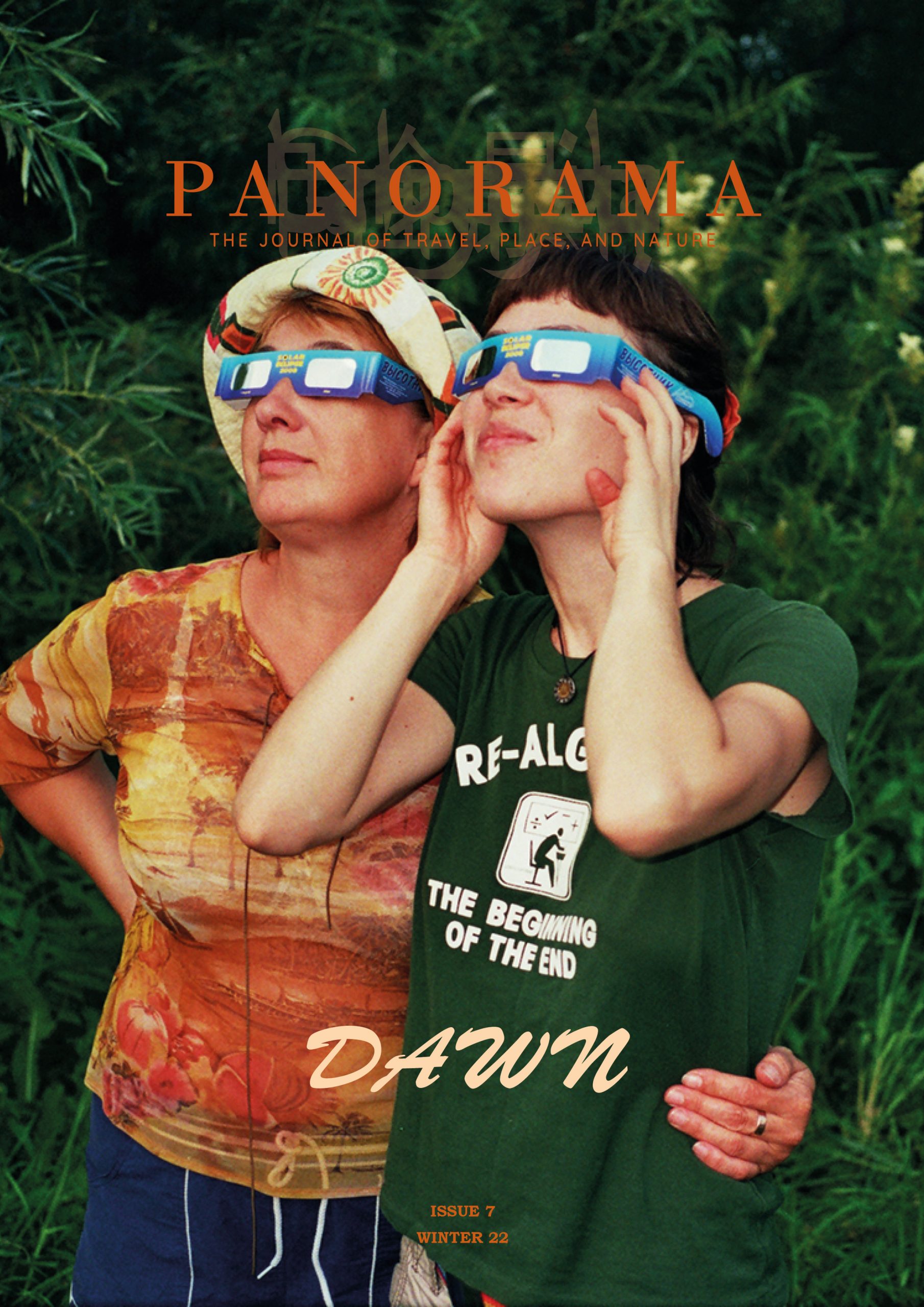She was a child, not much older than I,
facing the sheep she was herding
across this dirt road. Outdoor work
crusted on her shoulders. I watched
from the back seat of our steel oasis,
its hood ornaments a chrome-winged
Pontiac. In a remote part of Arizona,
we’d come to see spring wild flowers:
lupine, ocotillo, paint brush. She must have seen
us coming, pulling a cloud of red dust
across a distant rise, long before the tires
crunched to a halt on the decomposed granite
roadway as the flock flowed out of a dry wash
and across our road. She stood in the centre
of the road, shielding her charges
with her body. Hands and arms extended,
as if conducting the crossing: right to left,
two fingers extended and thrusting, right to left;
lips pulled back, snapping out the whistle —
two-toned, urgent — keeping them moving,
right to left. Already the leaders
were climbing out of the wash, as ahead of them
the last of another flock was leaving a muddy waterhole —
a reddish-brown soup cupped in the sand-drifted slope
of an ancient ridge, its stark bones compressing late sunlight
into shadows between upright plates. The remaining
water was desperate; not even the sky touched it.
She turned and looked at us.
A light blue sweater and an adult’s denim jacket,
its sleeves rolled to her wrists, covered a dress
too long for her. Black braids swung
from a shapeless hat. Dad turned off the engine,
its mumble replaced with the delicate rumble
of hooves as he stepped out to talk. She spoke
no English; Spanish then.
“He and his dog pushed us away to get to the water first,”
She pointed with a lift of her chin toward the adult herder
slanting down the far side of the ridge.
“Now the water is all muddy for us.”
Dad took our thermos of ice water from the front seat
and poured her a drink in its chrome cup. She sipped
and we looked away, self-conscious; looked
at the flock. Stepping toward it, she raised a hand
as if to summon the bleak hill in the road beyond.
She called out, and an even younger girl
stepped from behind a sage, a handmade doll
clutched to her chest.
“May I give her some?”
The little one started — surprised at the cold water. They stood
face to face, passing the cup between them, black eyes
communing. When the little one tilted her head to look at us,
her dark eyes seemed to seep into the cup’s chrome curve.
Dad offered more but, measuring the thermos with her eyes
and seeing the four of us, the older one declined. As the last lamb
crossed, little cartoon puffs of dust popping from its heels,
the road emerged. She said their thanks and ran to her flock.
We drove on in silence,
a middle-class family
seeing America by car.










